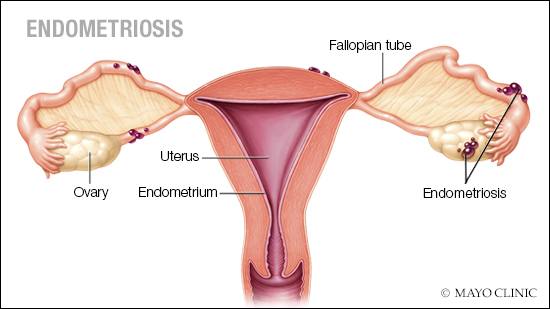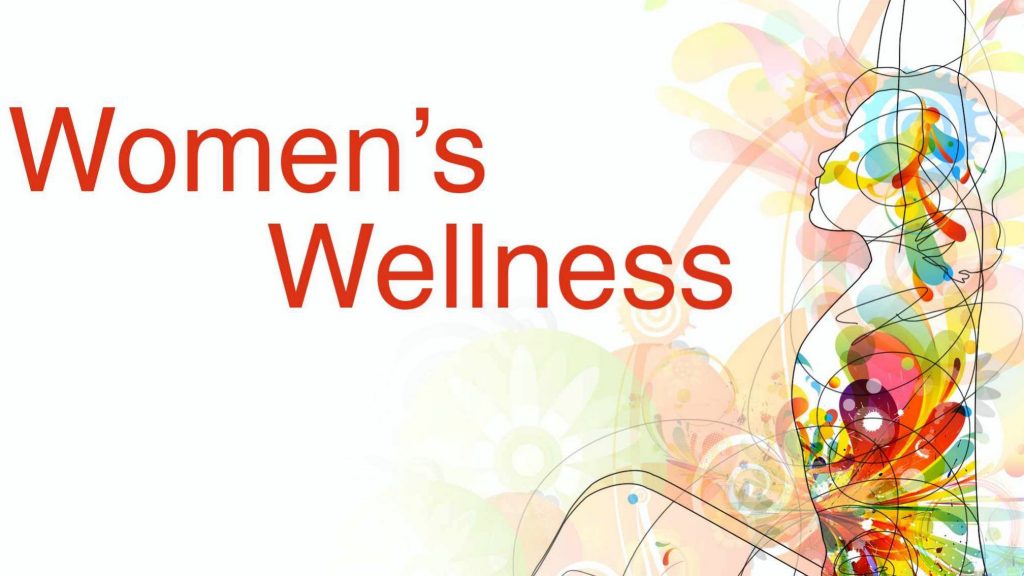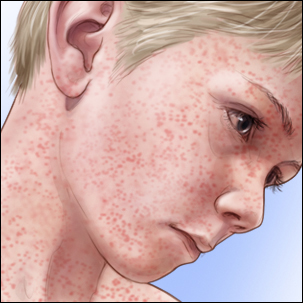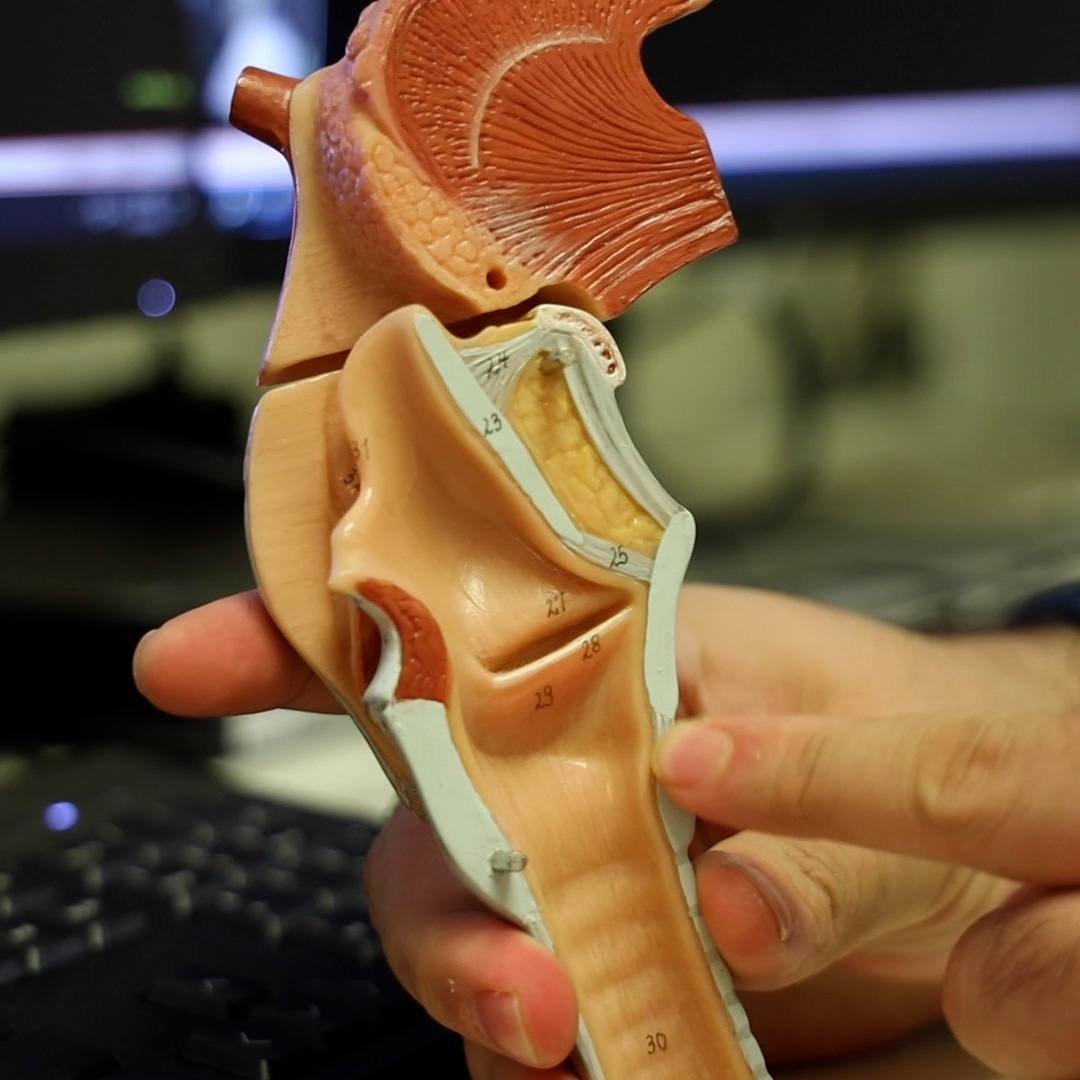-
Featured News
Women’s Wellness: Learn about endometriosis

Endometriosis (en-doe-me-tree-O-sis) is an often painful disorder in which tissue similar to the tissue that normally lines the inside of your uterus — the endometrium — grows outside your uterus. Endometriosis most commonly involves your ovaries, fallopian tubes and the tissue lining your pelvis. Rarely, endometrial tissue may spread beyond pelvic organs.
With endometriosis, the endometrial-like tissue acts as endometrial tissue would — it thickens, breaks down and bleeds with each menstrual cycle. But because this tissue has no way to exit your body, it becomes trapped. When endometriosis involves the ovaries, cysts called endometriomas may form. Surrounding tissue can become irritated, eventually developing scar tissue and adhesions — abnormal bands of fibrous tissue that can cause pelvic tissues and organs to stick to each other.
Endometriosis can cause pain — sometimes severe — especially during menstrual periods. Fertility problems also may develop. Fortunately, effective treatments are available.
Symptoms
The primary symptom of endometriosis is pelvic pain, often associated with menstrual periods. Although many experience cramping during their menstrual periods, those with endometriosis typically describe menstrual pain that's far worse than usual. Pain also may increase over time.
Common signs and symptoms of endometriosis include:
- Painful periods (dysmenorrhea). Pelvic pain and cramping may begin before and extend several days into a menstrual period. You may also have lower back and abdominal pain.
- Pain with intercourse. Pain during or after sex is common with endometriosis.
- Pain with bowel movements or urination. You're most likely to experience these symptoms during a menstrual period.
- Excessive bleeding. You may experience occasional heavy menstrual periods or bleeding between periods (intermenstrual bleeding).
- Infertility. Sometimes, endometriosis is first diagnosed in those seeking treatment for infertility.
- Other signs and symptoms. You may experience fatigue, diarrhea, constipation, bloating or nausea, especially during menstrual periods.
The severity of your pain isn't necessarily a reliable indicator of the extent of the condition. You could have mild endometriosis with severe pain, or you could have advanced endometriosis with little or no pain.
Endometriosis is sometimes mistaken for other conditions that can cause pelvic pain, such as pelvic inflammatory disease (PID) or ovarian cysts. It may be confused with irritable bowel syndrome (IBS), a condition that causes bouts of diarrhea, constipation and abdominal cramping. IBS can accompany endometriosis, which can complicate the diagnosis.
Causes
Although the exact cause of endometriosis is not certain, possible explanations include:
- Retrograde menstruation. In retrograde menstruation, menstrual blood containing endometrial cells flows back through the fallopian tubes and into the pelvic cavity instead of out of the body. These endometrial cells stick to the pelvic walls and surfaces of pelvic organs, where they grow and continue to thicken and bleed over the course of each menstrual cycle.
- Transformation of peritoneal cells. In what's known as the "induction theory," experts propose that hormones or immune factors promote transformation of peritoneal cells — cells that line the inner side of your abdomen — into endometrial-like cells.
- Embryonic cell transformation. Hormones such as estrogen may transform embryonic cells — cells in the earliest stages of development — into endometrial-like cell implants during puberty.
- Surgical scar implantation. After a surgery, such as a hysterectomy or C-section, endometrial cells may attach to a surgical incision.
- Endometrial cell transport. The blood vessels or tissue fluid (lymphatic) system may transport endometrial cells to other parts of the body.
- Immune system disorder. A problem with the immune system may make the body unable to recognize and destroy endometrial-like tissue that's growing outside the uterus.
Risk factors
Several factors place you at greater risk of developing endometriosis, such as:
- Never giving birth
- Starting your period at an early age
- Going through menopause at an older age
- Short menstrual cycles — for instance, less than 27 days
- Heavy menstrual periods that last longer than seven days
- Having higher levels of estrogen in your body or a greater lifetime exposure to estrogen your body produces
- Low body mass index
- One or more relatives (mother, aunt or sister) with endometriosis
- Any medical condition that prevents the normal passage of menstrual flow out of the body
- Reproductive tract abnormalities
Endometriosis usually develops several years after the onset of menstruation (menarche). Signs and symptoms of endometriosis may temporarily improve with pregnancy and may go away completely with menopause, unless you're taking estrogen.
Complications
Infertility
The main complication of endometriosis is impaired fertility. Approximately one-third to one-half of women with endometriosis have difficulty getting pregnant.
For pregnancy to occur, an egg must be released from an ovary, travel through the neighboring fallopian tube, become fertilized by a sperm cell and attach itself to the uterine wall to begin development. Endometriosis may obstruct the tube and keep the egg and sperm from uniting. But the condition also seems to affect fertility in less-direct ways, such as by damaging the sperm or egg.
Even so, many with mild to moderate endometriosis can still conceive and carry a pregnancy to term. Doctors sometimes advise those with endometriosis not to delay having children because the condition may worsen with time.
Cancer
Ovarian cancer does occur at higher than expected rates in those with endometriosis. But the overall lifetime risk of ovarian cancer is low to begin with. Some studies suggest that endometriosis increases that risk, but it's still relatively low. Although rare, another type of cancer — endometriosis-associated adenocarcinoma — can develop later in life in those who have had endometriosis.
When to see a health care provider
See your health care provider if you have signs and symptoms that may indicate endometriosis.
Endometriosis can be a challenging condition to manage. An early diagnosis, a multidisciplinary medical team and an understanding of your diagnosis may result in better management of your symptoms.
This article is written by Mayo Clinic staff. Find more health and medical information on mayoclinic.org.

Related Articles







